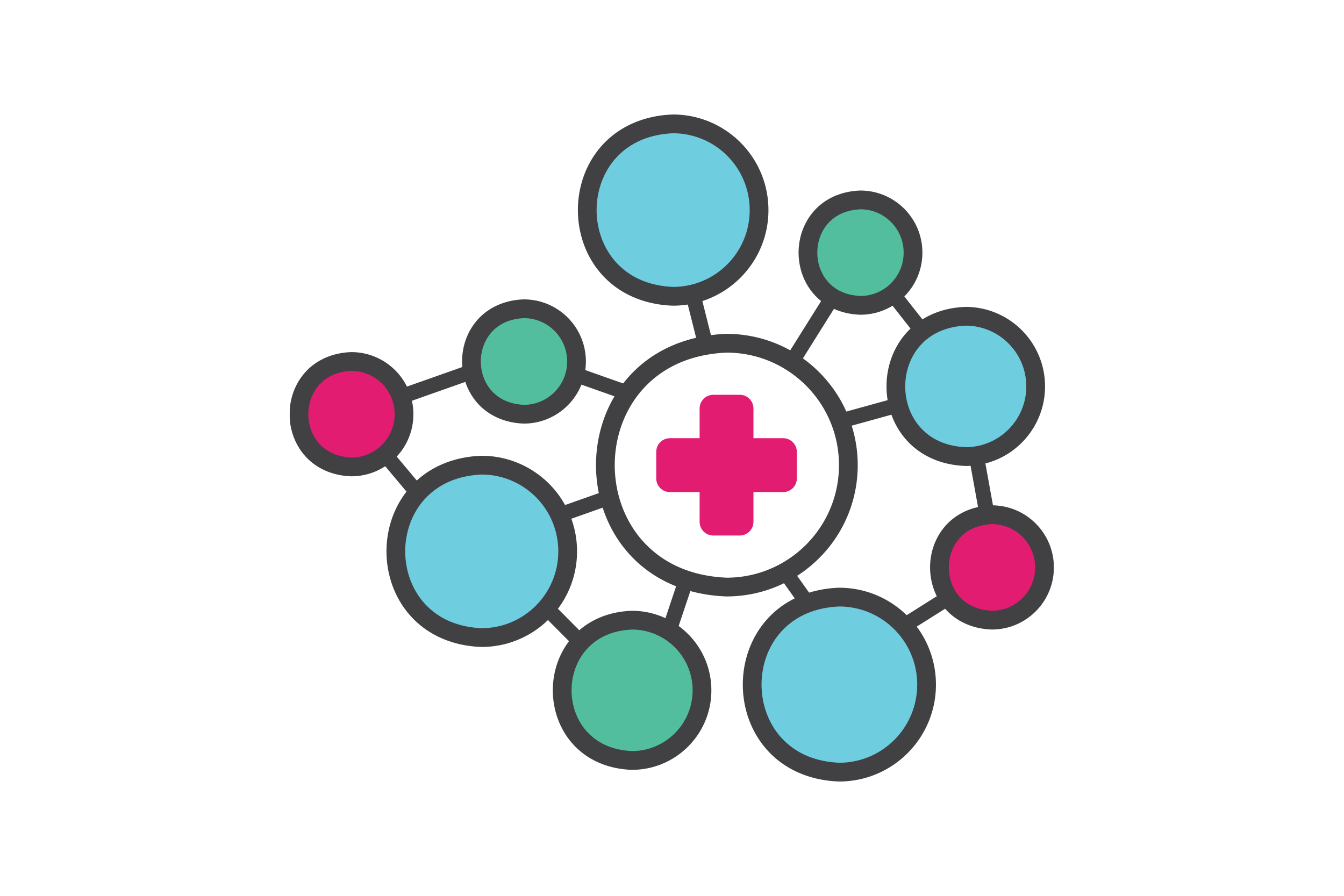Facilitating public involvement in research about healthcare AI: A scoping review of empirical methods – Emma Kellie Frost et al.
With the recent increase in research into public views on healthcare artificial intelligence (HCAI), the objective of this review is to examine the methods of empirical studies on public views on HCAI. We map how studies provided participants with information about HCAI, and we examine [...]




